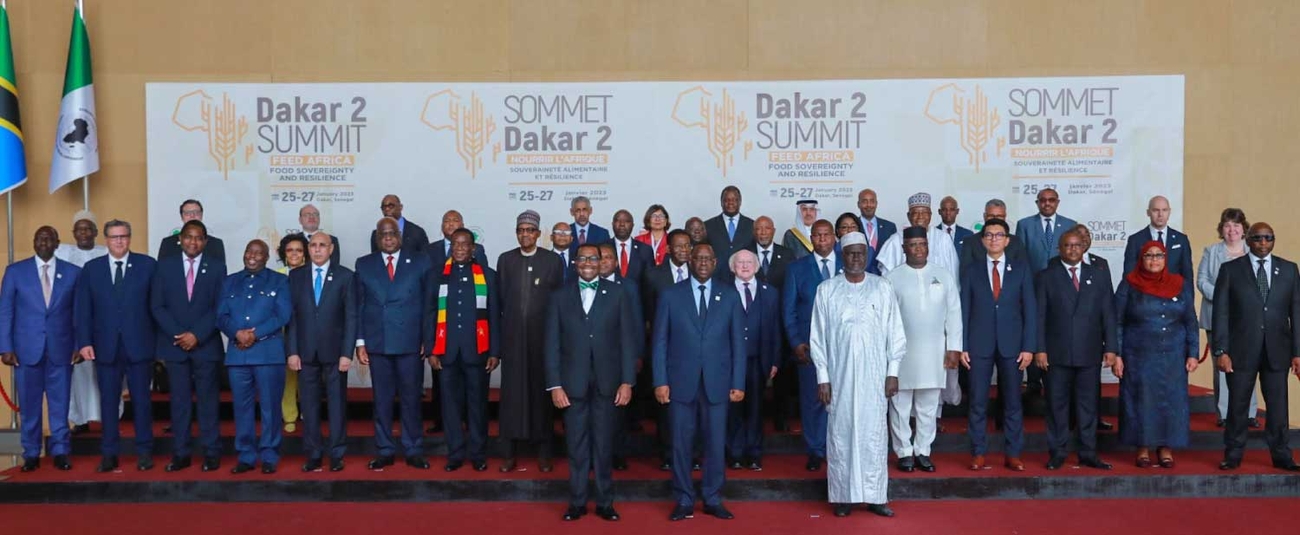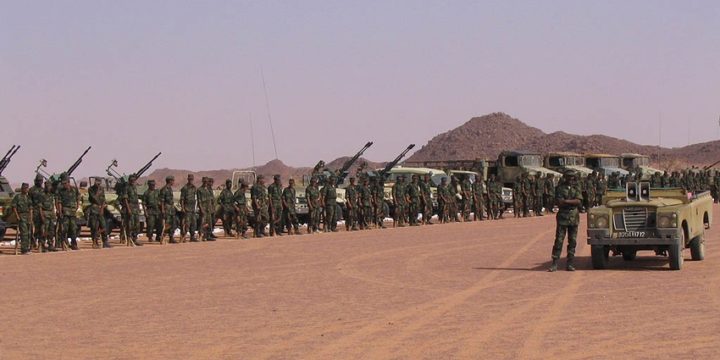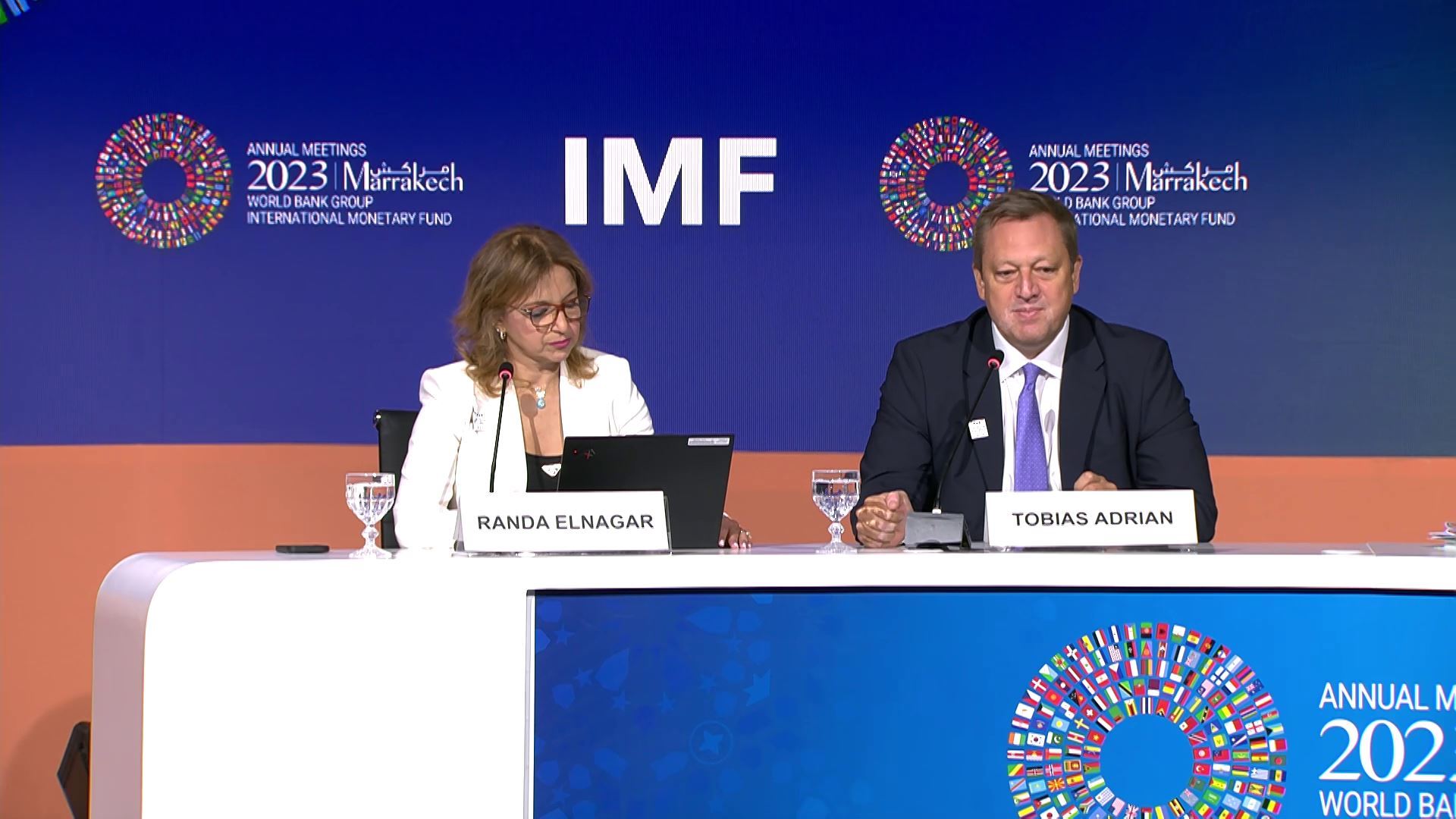On the occasion of the Dakar 2 Summit, held from January 25 to 27 in Diamniadio, near Dakar, on the theme “Feed Africa: food sovereignty and resilience”, the Moroccan government shared successful experiences in the agricultural field, which are the subject of cooperation with the countries of the continent, said the African Development Bank (AfDB) in a statement.
In 2016, Morocco launched, at the COP22 in Marrakech, the Initiative for the Adaptation of African Agriculture, bringing together 38 countries of the continent, recalled the AfDB, noting that the objective is to reduce the vulnerability of Africa and its agriculture to climate change.
The initiative makes South-South cooperation a key mechanism for its implementation, the statement said.
“This cooperation aims to transfer to African countries the successful agricultural development experiences in Morocco, in order to help achieve food security,” said the Head of Government, Aziz Akhannouch, during a panel that brought together a dozen heads of state around their vision of growth in agriculture, regional integration and public-private partnerships, according to the AfDB statement.
Another example highlighted by Akhannouch, the statement added, is the Green Morocco Plan. Launched 15 years ago, it has given a strong boost to the agricultural sector, with an investment of nearly $13 billion over the 2008-2020 period.
It has helped increase GDP in agriculture by more than 5.5% per year. More importantly, “the sector has become more resilient to climate change and drought cycles. The plan has led to the conclusion of 19 program-contracts between the State and agro-industrial professionals to develop the value chains of agricultural sectors,” the statement added.
The new strategy of Morocco called “Generation Green 2020-2030”, highlighted the AfDB, offers a framework for more resilience of the food system.
“It is based on the priority of the human element and the sustainability of agricultural development,” said Akhannouch. It is meant, on the one hand, to “develop an agricultural middle class, encourage entrepreneurship among young people and extend social security coverage to all farmers and agricultural workers”; and, on the other hand, to “consolidate the achievements of the Green Morocco Plan” and “double agricultural GDP and exports, while implementing new solutions for the rationalization of water resources in light of new climatic challenges”.
During the Dakar 2 summit, held under the theme Feed Africa: food sovereignty and resilience, amidst supply chain disruptions caused by the Covid-19 pandemic, climate change, and the Russia-Ukraine war, Morocco’s OCP group pledged to actively contribute to improving agricultural productivity in Africa, and to devote to the continent more than 4 million tons of fertilizers in 2023.
This amount represents “more than double the amount provided by OCP to the continent in 2021 and more than a quarter of the total production planned by the group,” said the General Manager of OCP Africa, Mohamed Anouar Jamali, who was taking part in the Summit.
The Dakar 2 Summit on Food Sovereignty was held at the initiative of the AfDB, the Government of Senegal and the African Union Commission. The first edition held in 2015 had helped to draw the contours of the strategy Feeding Africa: the Strategy for Agricultural Transformation in Africa (2016-2025).



